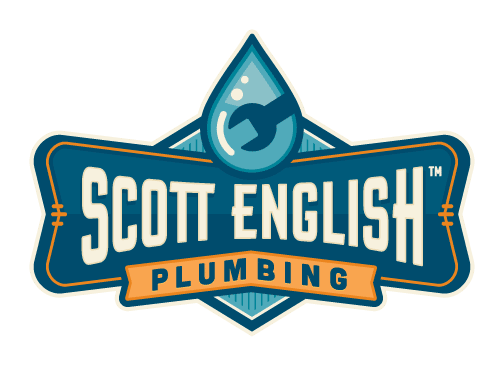How to Maintain Your Septic and Sewer Systems

Whether you’re on a septic system or the city sewer line, there are things you can do to keep your waste disposal system working well. Scott English Plumbing was recently featured in an article on this topic, and we want to pass that information on to all of you, too!
Inspect Each Month
Take a few minutes each month to check the pipes under your cabinets and look around your water heater. You may find a leak before it causes major problems.
Educate Your Family
Make sure that anyone who uses your waste system knows what can and cannot go down toilets, drains, and more. This helps ensure that your system isn’t accidentally contaminated or overloaded.
Only Flush Toilet Paper
Only solid and liquid human waste and toilet paper should get flushed. Don’t flush disposable wipes (even the “flushable” ones), dental floss, hair, or anything else. Even some “septic safe” products can wreak havoc on your plumbing system.
Keep Fats Out of Drains
Don’t put oil, grease, bacon fat, or any other kind of fat down the drain or the garbage disposal. These may be liquid when you put them in the drain, but they can become solids fast. When they do, they can clog your drain or trap other substances that cause a clog.
Chemicals and Waste Don’t Mix Well
Don’t put anything acidic down the drains and don’t put other chemicals down them, either. This includes everything from medication to mouth wash and motor oil to bleach. When in doubt, throw it out some other way.
These can corrode pipes in any system but they can especially cause issues in septic systems, where they can change the chemical composition in your tank. It may become unable to break down problematic substances.
Know Your System
Make sure you know where all the important parts of your waste disposal system are located. If you’re on a sewer line, find out how to access it from inside the house and know whether you have an outdoor access hatch and, if so, where it’s at.
If you have a septic system, learn all you can about it. This includes knowing what type of system you have, where your tank and drainfield are, and how to promote good bacterial growth in the system so it can break waste down.
Invest in Maintenance
Regular maintenance is invaluable, no matter what kind of waste-disposal system you have. Invest in having your septic system pumped and all of your lines cleaned out. Maintenance helps you avoid some problems and find others before they become major issues.
Call us at Scott English Plumbing today if you need help maintaining your sewer lines or your septic system. We’ll have an expert to your door soon to make sure everything is working the way you need it to work.

